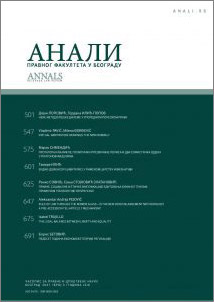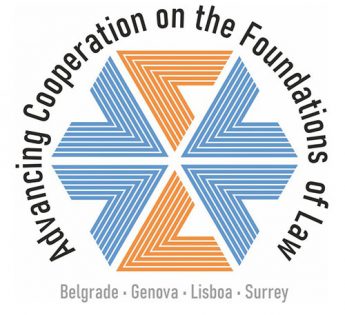
The Faculty of Law at the University of Belgrade, with support from the OSCE Mission to Serbia, is announcing the Call for the Summer School “Law…
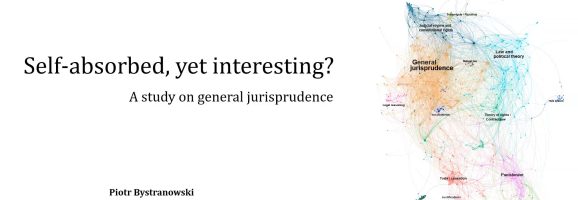
Belgrade Legal Theory Group organized its second event of the spring semester of 2024 with Piotr Bystranowski (Max Planck Institute for Research on Collective Goods as well as a researcher at the Interdisciplinary Centre for Ethics at the Jagiellonian University) on the topic of self-refentiality of general jurisprudence.
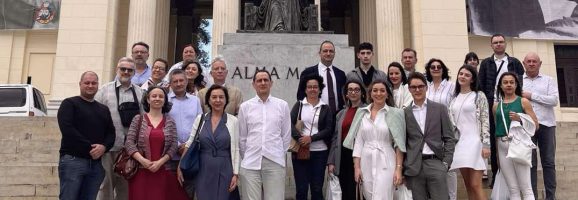
In the period from January 26 to February 7, 2024, a delegation from the Faculty of Law of the University of Belgrade participated in a…
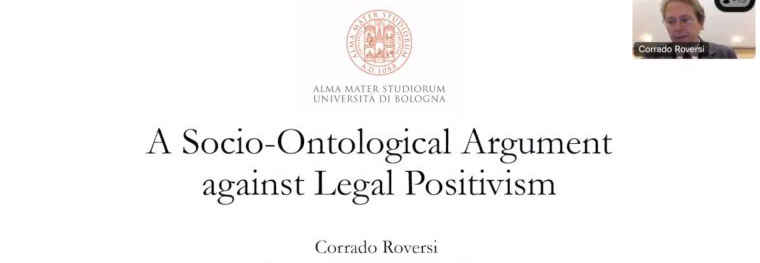
Prof. Roversi started with his main thesis as a critique of legal positivism by pointing out that designating a legal institution does not depend solely on the practices and declarative speech acts of officials. Therefore, even if P1 and P2 have the same constitutive rules and there is a corresponding rule-following practice, P1 and P2 can be different institutions, because elements such as the so-called background and systematic fallouts influence the ontology of a legal institution. Prof. Roversi then outlined the meaning of the concept of background, saying that it is some sort of “grammar” that exists before the behavior-according-to-the-rules, or a deeper network of desires and beliefs that emerge as a response to basic social needs. On the other hand, systematic fallouts encompass rules, goals and phenomena that are not visible within the deontic powers of an institution.

Center for Legal Fundamentals (CLF) proudly announces Belgrade Legal Philosophy Week 2023 “AI and Law” organised within the ALF (Advancing Cooperation on the Foundations of…


